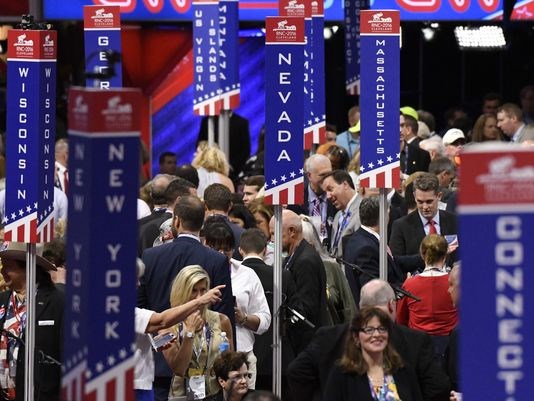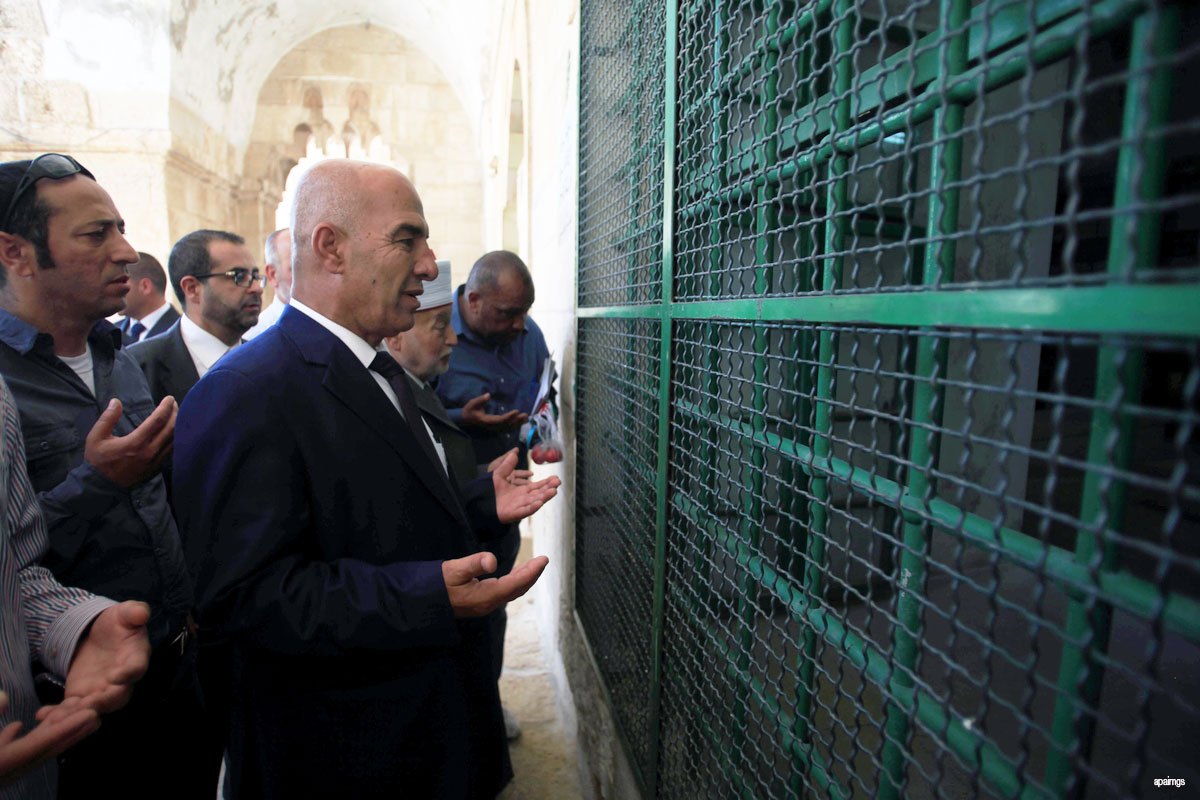He explained that the only real possibility for effective change would come in the future if a moderate contingent in the Assembly of Experts was able to elect a more moderate supreme leader. The two camps have a majority in parliament, with a combined 158 seats.
Meanwhile, the strategy was seriously criticized by hardliners.
In a bid to squeeze them out, reformists have allied with moderate conservatives, many of whom split with the hard liners because of Ahmadinejad. The claim was based on an article earlier published by BBC Persian analyzing the "No Campaign" strategy.
Supreme Leader Ayatollah Ali Khamenei, who has final say on all state matters, called the vote "proof of democracy" at work in Iran.
Only hardliner Ahmad Jannati, also the leader of the Guardian Council, which vets prospective election candidates, managed to win re-election in Tehran to the expert assembly, coming in last place in the capital district. So did Mohammad-Taghi Mesbah-Yazdi, an arch-conservative who was widely seen as the spiritual mentor to conservative former President Mahmoud Ahmadinejad.
In contrast, 15 of 16 members of the assembly's list in Tehran headed by Rouhani and his top ally Ayatollah Akbar Hashemi Rafsanjani, a two-term former president, were elected.
The fact that moderates have done better than hardliners in many places, especially in Tehran and other urban centres, is a sign that President Hassan Rouhani's push for economic reforms and better ties with the West has been appreciated by the middle class. Their famous figures found themselves in prisons and faced various limitations, which continue so far.
That's exactly why some are questioning if reformists actually won the elections.
Iditarod has ceremonial start Saturday in Anchorage
Crews say it will take about four hours to unload the snow from the seven train cars and spread it along the course. Officials in Anchorage, Alaska , have combated an unusually low amount of snowfall with an effective solution.
"Kudos to the history-making nation of Iran". Iran's Fars News Agency, however, said the hard-line Principlists Party had won half of parliament's seats.
Reformists last rose to power in 1997 with the election of President Mohammad Khatami and secured a majority in parliament three years later.
The 10 parliament is expected to be similar to the 5 legislative period.
President Hassan Rouhani and his allies won big gains in Friday's twin Iranian elections that could develop Iran's engagement with the world after his government ended years of sanctions by agreeing to curb its nuclear program. And now, they have had to make electoral deals with pragmatists, diluting the very notion of "reformist" as a political category.
Such a spirit of cooperation came from Ali Larijani, a conservative and parliament's current speaker, who described the election as "eye-catching" and said it signalled that "a new page had been opened for the country".
Mr Rouhani said on Saturday that the election gave the government more credibility and clout. Nevertheless, analysts said the administration would face comparatively few restrictions on economic reforms, as hardliners concentrated their diminished political capital on defending social and cultural conservatism.
There were also four conservative-leaning independent MPs elected and five minorities of no political affiliation.
"The voting was seen as a referendum of sorts on the nuclear deal", New York Times Tehran correspondent Thomas Erdbrink reported, "and virtually every prominent critic of the pact was defeated".

